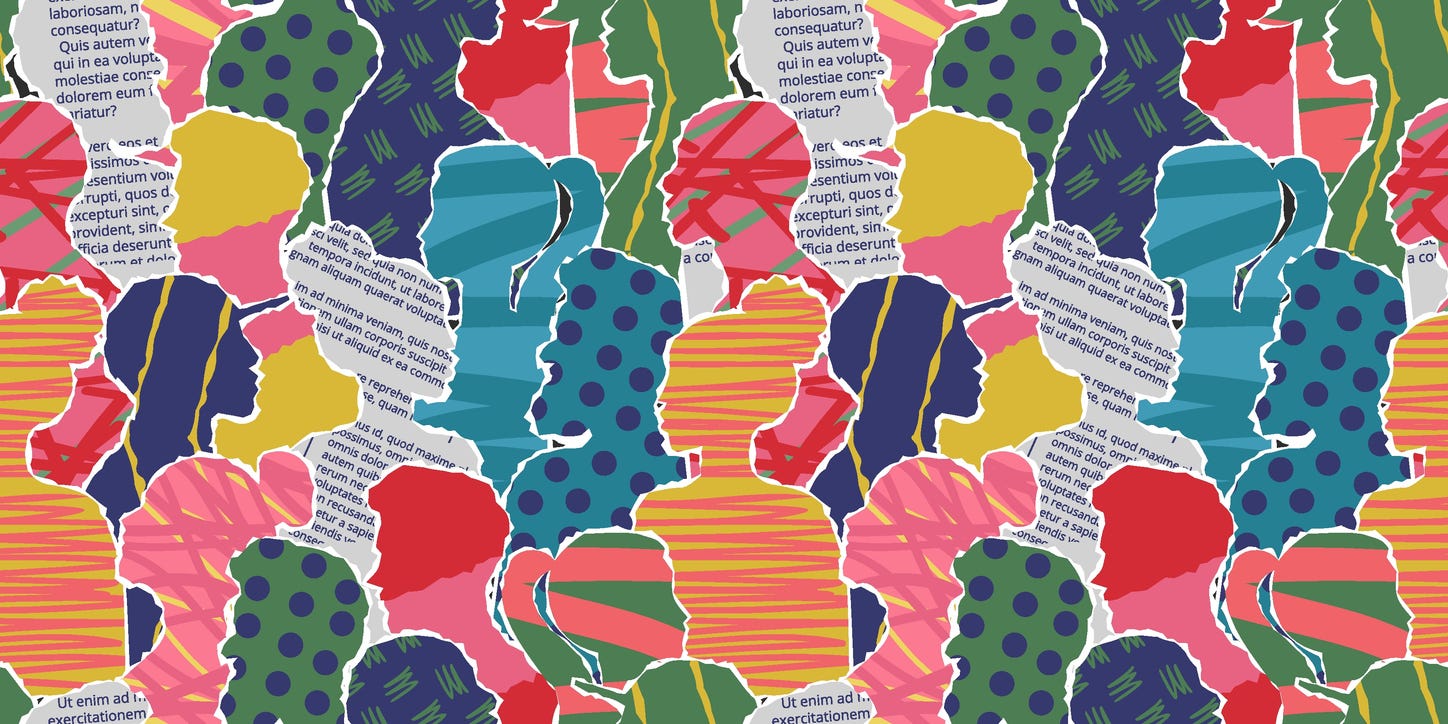Origin story
For 'The Uproar" author Karim Dimechkie, "wokeness" is a superpower. And what's next in our Book Club
In our Ink Book Club conversation with author Karim Dimechkie last Wednesday, which around 1000 of you attended — thank you! — Dimechkie explained how his book, The Uproar, came to be. I’ve been a publishing nerd for upwards of four decades, so you’d think such tales might get old. But hearing authors’ singular creation stories never ceases to fascinate.*
Dimechkie said that one of the things he loves most about life in New York City is that it forces you to “share space with people of diverse classes and backgrounds.” His comment reflects what we risk losing as the Trump administration turns back the clock on diversity, equity, and inclusion.
When Dimechkie took on a social work job in Flatbush soon after Trump’s election in 2016, he reveled in the melting pot he encountered. For him, “diversity” wasn’t some mandate imposed on an unwilling population. It was just reality. And it fueled both his novel and his worldview.
There’s an idea floating around right now — one ripped right from the grievance playbook — that white male writers have been victimized by the rise of diverse voices in publishing. But with The Uproar, you have a white male novelist who finds inspiration in the many different types of stories and voices around him. Dimechkie bravely plunged into literary territory few dare to wrestle with, and he did so as a means of rendering human complexity, and thus compassion.
So as we close this chapter, let us say: Thank you, Karim! We’ve loved reading The Uproar and unpacking its many layers. We can’t wait for your next book.
And now we switch gears. When Anand and I talked about launching a book club, he emphasized his desire to (1) uplift emerging novelists and (2) spotlight non-fiction work that tackles themes of democracy and its potential decline.




